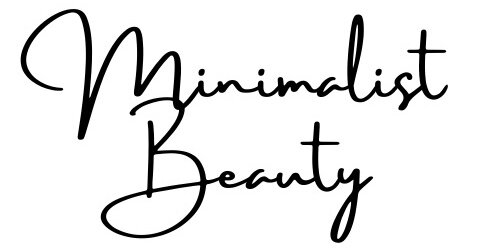Don't Panic, Low Porosity Hair Isn't Bad!
One of the best things to know about low porosity hair is that minimal hair care works better. Once you understand this, you've already got the hard stuff covered. The best way to keep low porosity hair moisturized is to keep it clean and free of product build-up!
Last winter I decided to do the porosity hair strand test again where you place a few strands of clean hair into a glass container filled with water. After a few minutes if your hair sinks to the bottom, your hair is high in porosity. If your hair strands settle to the middle of the glass, you have normal porosity. If they float, you have low porosity. Testing the porosity of your hair allows you to understand how easily your hair absorbs water. Somehow I got distracted doing something else, and completely forgot that I was even doing this porosity test.
The next morning I noticed my hair strands still floating at the top of the glass container!
In my opinion, low to normal porosity with an intact hair cuticle is ideal. Hair that is too porous has a difficult time maintaining a moisture and protein balance. This is often caused by chemically altering the hair, and/or heat damage which creates vulnerable areas throughout the hair strands. Mechanical damage from very rough handling can also create vulnerability in hair strands, so treating your hair delicately is important.
In the process of learning how to care for our hair, we can sometimes get overzealous and do way too much. I've been guilty of this in the past myself. There’s so much information and scientific research on hair care that it can be so overwhelming. For those with low porosity hair like myself, maintaining moisture in the hair strands while having healthy hair in general doesn't have to be complicated. This is one reason why I love rinsing my hair daily in the shower.
Because I'm chemically sensitive, I haven’t based my hair care around commercial hair care products. Having an itchy irritated scalp, getting a headache, or feeling nauseous from using a store bought hair care product just wasn't worth it for me. Instead I’ve learned how individual ingredients affect my hair, and I've built my hair regimen around what I've learned through trial and error.
One of the greatest benefits to having hair that is low in porosity is that you don't have to use a lot of leave-ins or hair products in general.
When you layer product after product on low porosity hair, you actually suffocate your hair from being able to absorb water when you wash your hair again unless using a strong hair cleanser which can be very drying. Low porosity hair experiences hair build up faster than other hair types. By limiting the products that you use as leave-ins to one product or ingredient, your hair strands are more available to absorb water the next time the opportunity arises.
Once low porosity hair fully absorbs water, it has no problem maintaining that moisture. If your hair is having a hard time absorbing water, begin with clarifying your hair. If you have a lot of build-up, it can take a few clarifying treatments to remove that heavy coating off of your hair.
Bentonite clay mixed with apple cider vinegar is my favorite all natural hair clarifier. This mixture also has the ideal pH balance for your hair.
By rinsing my hair daily and very lightly sealing with a small amount of shea butter, I have avoided the issue of hair dehydration. Since experimenting with water only hair washing, I've experienced how our scalp's natural oils have the ability to truly moisturize our hair better than any product. During this time I also became aware that my low porosity hair did not need even half of the leave-in hair products that I once thought it did. Now I have a simple zero waste hair regimen that involves rinsing and moisturizing my hair daily. I also cleanse my hair twice a month, and do a henna and coconut milk hair treatment bi-monthly. That's it!
With low porosity hair less truly is much much more!
Image by Dawn Michelle

